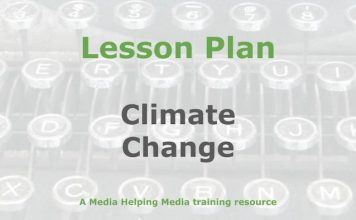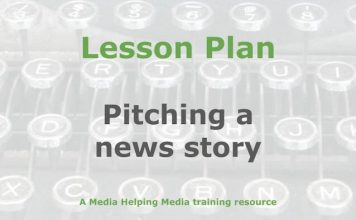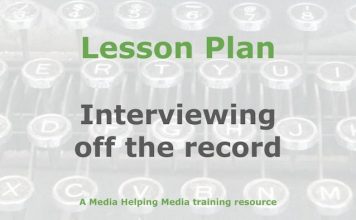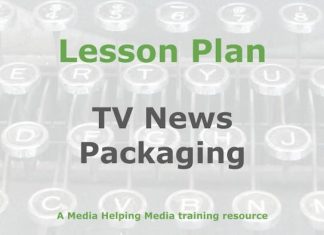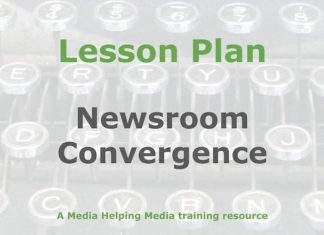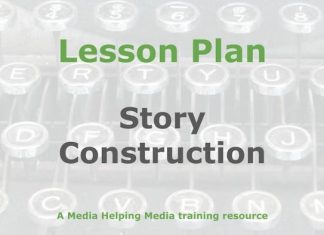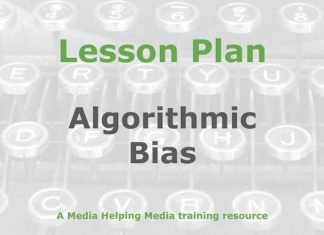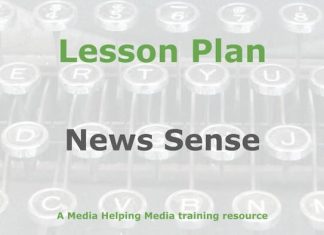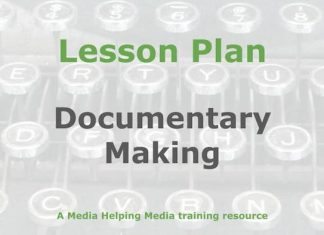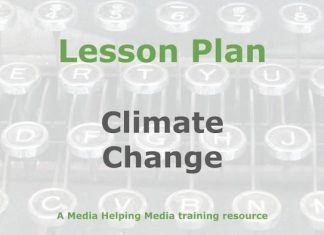Lessons
Our free day-long lessons provide comprehensive, in-depth training on specific journalism topics. Each structured lesson includes theoretical foundations, practical exercises, real-world examples, and assessment tools, offering complete teaching packages for trainers or intensive self-study for journalists. All our material is free to download, adapt and use. Scroll down our site map for all the content in this and other sections.
Lesson: Constructing a TV news package
A lesson plan to help students create a simple TV news package using their skills in reporting, filming, and editing, letting the pictures tell the story.
Lesson: Creating a converged news operation
This lesson plan is designed to help senior media managers understand and implement a converge newsroom strategy.
Lesson: How to create a structured news report
This lesson plan is designed to help students understand how to construct a news report so that it is easily understood by the reader.
It's...
Lesson: Dealing with algorithmic bias in news
This lesson plan is designed to help journalists recognise and deal with algorithmic bias in the news production process.
Lesson: Clarity is as important as accuracy
A lesson plan designed to help students understand the importance of clarity in their writing so that they produce news articles that the reader can understand.
Lesson: Developing and applying news sense
Developing a news sense in order to spot a story's importance to the audience.
Lesson: Making documentaries for radio
This lesson plan sets out the steps required to make informative long-form news and current affairs documentaries for radio.
Lesson: Covering climate change
Reporting on climate change is a major challenge for journalists. The topic is topical, controversial, and rooted in complex scientific research.
You might also like
Project management in media
A media organisation must always remain alert to changing audience demand and behaviour. This involves continually examining what is produced to ensure that it is relevant to those who consume it.
Workshop: Editorialising is not for news
Journalists need to tell people, as plainly as possible, what is happening in the world. Every story should be fact-based. We must never add our own opinion.
Lesson: Brand values in news
This lesson plan is designed to help participants understand the importance of brand values in news and how they apply to journalists..
